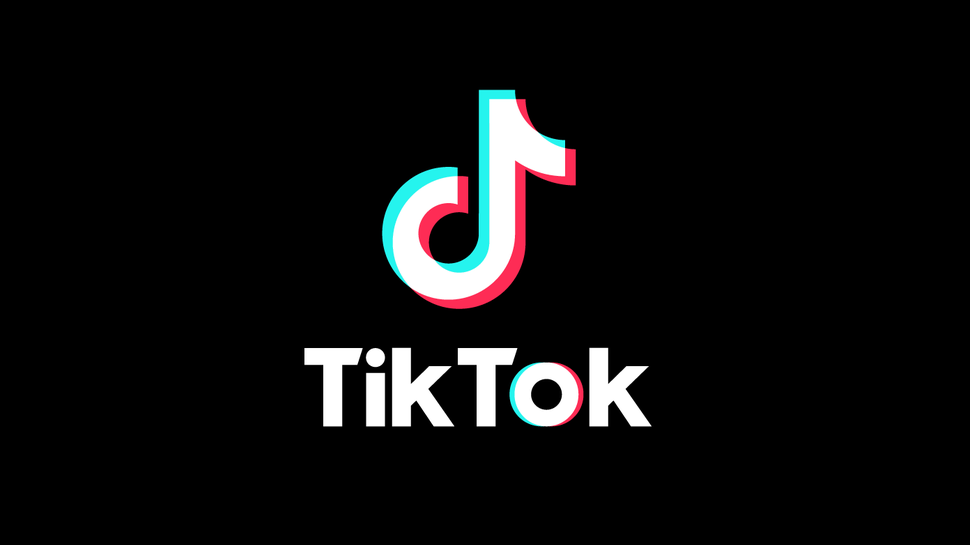A federal appeals court has upheld legislation that mandates TikTok\’s Chinese parent company, ByteDance, to divest its ownership of the app by January 19, 2025, or face a nationwide ban in the United States. The unanimous decision by the U.S. Court of Appeals for the District of Columbia Circuit rejected TikTok’s arguments that the law infringes upon constitutional rights, marking a major legal setback for the popular social media platform.
The Controversial Legislation
The legislation, signed into law by President Joe Biden in April 2024, grants ByteDance a nine-month window to sell its U.S. operations to an American company. Should ByteDance fail to comply, TikTok would be removed from U.S. app stores and lose access to essential web-hosting services, effectively making it inaccessible to millions of users across the country.
The law also includes a provision allowing the president to extend the deadline by 90 days if substantial progress toward divestiture is being made. This flexibility, however, may not be enough to ease the mounting tensions surrounding the app’s future.
TikTok’s Argument and Appeal
TikTok has announced plans to appeal the decision to the U.S. Supreme Court, arguing that the forced divestiture represents an unprecedented violation of free speech rights and property protections under the U.S. Constitution. In its defense, the company asserts that the ban is rooted in speculative national security concerns and lacks substantive evidence of wrongdoing.
The platform, which boasts over 170 million U.S. users, has implemented various measures to address these concerns, including relocating American user data to servers in the United States through its $1.5 billion “Project Texas” initiative. TikTok has also consistently denied allegations that it collaborates with the Chinese government or allows access to sensitive user data.
“TikTok is committed to protecting the privacy and security of our users. We believe this law is not only unconstitutional but also harmful to the millions of creators and businesses that rely on our platform,” a TikTok spokesperson said in a statement following the ruling.
National Security Concerns
The U.S. government has long expressed concerns that TikTok’s parent company, ByteDance, could be compelled by Chinese law to cooperate with Beijing’s intelligence operations. Critics argue that this could lead to sensitive user data being handed over to the Chinese government or the platform being used to spread disinformation and influence public opinion.
These fears have bipartisan support, with lawmakers from both parties warning of the risks posed by foreign-owned technology companies operating in the U.S. In the past, similar concerns led to restrictions on other Chinese-owned platforms, such as Huawei and ZTE.
Political Implications
The ruling comes at a critical time, as President-elect Donald Trump prepares to take office on January 20, 2025. While Trump was an early proponent of restricting TikTok during his first term, he has recently expressed opposition to a total ban, arguing that competition in the social media landscape is crucial. Trump’s incoming administration will face a pivotal decision: enforce the divestiture mandate or explore alternative solutions that address national security concerns without banning the app.
This decision could have far-reaching implications, not only for TikTok’s future but also for U.S.-China relations and the broader technology industry. The outcome will likely set a precedent for how the U.S. government addresses potential risks posed by foreign-owned technology platforms.
Impact on Users and Businesses
TikTok’s uncertain future has left its millions of American users, many of whom are creators and small business owners, in limbo. The app has become a cornerstone of digital marketing, creative expression, and social connection for its U.S. audience. A ban or significant operational changes could disrupt this ecosystem, forcing users to seek alternative platforms.
Additionally, businesses that rely heavily on TikTok for advertising and engagement may face financial losses if the platform becomes unavailable. Industry analysts warn that the ripple effects could extend beyond social media, affecting trends in content creation and online marketing.
What’s Next?
As TikTok prepares to take its fight to the Supreme Court, the legal battle is expected to intensify in the coming months. ByteDance will need to weigh its options carefully, including the possibility of selling its U.S. operations to comply with the law. At the same time, lawmakers and regulators will need to consider the broader implications of their actions, balancing national security concerns with the rights of businesses and users.
For now, the clock is ticking, with the January 19, 2025, deadline looming. Whether TikTok remains a staple of American digital culture or becomes a casualty of geopolitical tensions will depend on the next chapter of this high-stakes legal and political drama.
Sources:
- CBS News: \”Appeals court upholds TikTok ban, declining to block law that would force sale\”
- The New York Times: \”TikTok Loses Bid to Overturn Law Forcing a Ban or Sale\”
- Associated Press: \”Federal appeals court upholds law requiring sale or ban of TikTok in the US\”
- Reuters: \”TikTok to appeal U.S. court ruling upholding ban legislation\”

